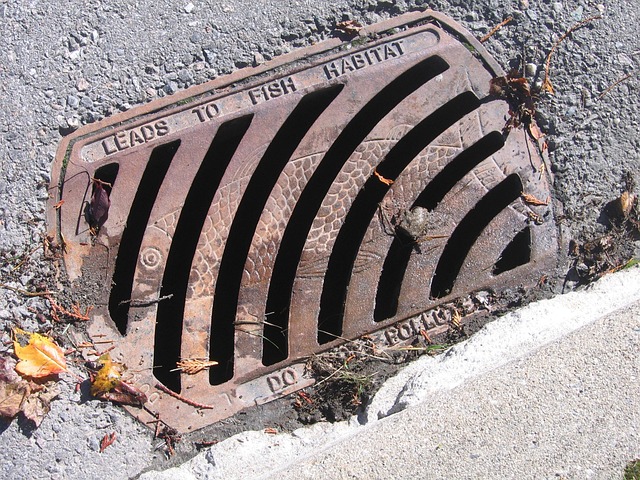Drain cleaning practices significantly impact the environment, with traditional chemical cleaners posing risks to aquatic life and groundwater contamination. There's a growing preference for eco-friendly alternatives like baking soda, vinegar, and plant-based enzymes, which reduce environmental harm while ensuring effective results. Green drain cleaning methods promote local ecosystem safety and preserve resources for future generations. Professional services are leading the way by adopting these sustainable practices, minimizing environmental impact, and protecting water sources.
In today’s eco-conscious world, understanding the environmental impact of routine tasks like drain cleaning is more critical than ever. Traditional methods often rely on harsh chemicals that can pollute water sources and harm beneficial wildlife. This article explores eco-friendly alternatives, delving into their benefits, essential tools, step-by-step guides for at-home cleaning, and the role of professional services in promoting sustainable practices within the drain cleaning industry. Discover how you can contribute to a cleaner, greener future while maintaining efficient drainage systems.
Understanding the Impact of Drain Cleaning on the Environment
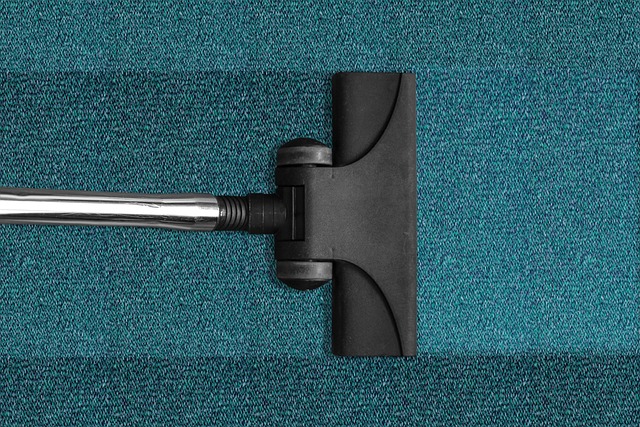
Drain cleaning, while often necessary for maintaining plumbing systems, can have significant environmental impacts if not done responsibly. Traditional chemical drain cleaners contain toxic substances that can harm aquatic life and contaminate groundwater when improperly disposed of. These chemicals may also leave harmful residues in pipes, potentially leading to future clogs and the need for more aggressive cleaning methods.
Understanding these negative consequences has led to a growing movement toward eco-friendly drain cleaning alternatives. Green methods utilize natural ingredients like baking soda, vinegar, and plant-based enzymes, which are not only effective but also biodegradable and non-toxic. By choosing eco-conscious drain cleaning solutions, individuals and businesses can reduce their environmental footprint while ensuring the safety of local ecosystems and future generations.
Traditional vs Eco-Friendly Drain Cleaning Methods
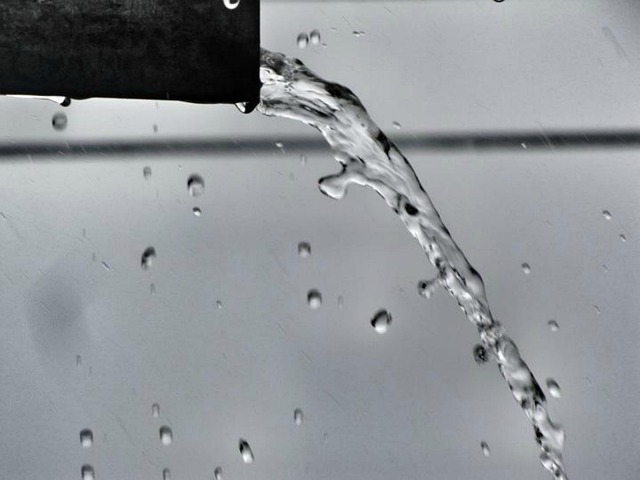
Traditional drain cleaning methods often rely on harsh chemicals, which can be detrimental to both the environment and your health. These chemicals not only pose risks during application but also linger in water systems, affecting aquatic life and ecosystems. In contrast, eco-friendly drain cleaning offers a safer alternative. It utilizes natural enzymes, biodegradable products, and mechanical methods like plungers and augers to unclog drains without causing environmental harm.
Eco-friendly practices ensure that your drain cleaning routine contributes positively to the ecosystem. Enzymes, for example, break down organic debris naturally, while biodegradable cleaners minimize water pollution. These methods not only protect local water sources but also reduce greenhouse gas emissions associated with chemical production and disposal, making them a more sustainable choice for both homeowners and businesses alike in the realm of drain cleaning.
Benefits of Adopting Eco-Friendly Practices for Drain Maintenance
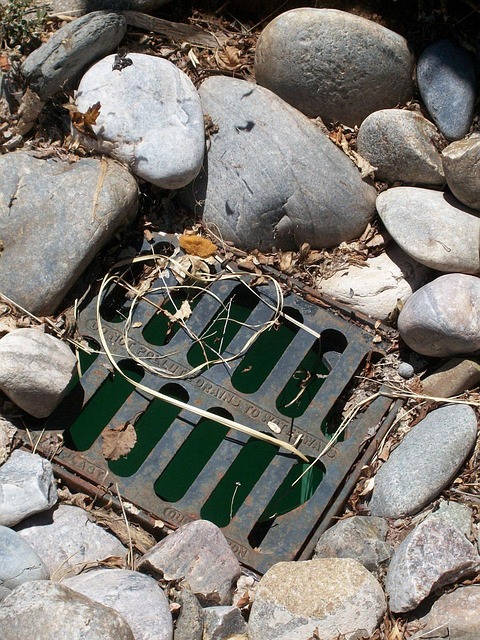
Adopting eco-friendly practices for drain cleaning offers numerous benefits, both for the environment and your home’s plumbing system. Traditional chemical cleaners can harm aquatic ecosystems and contribute to water pollution when not used properly. In contrast, eco-friendly solutions are designed to be biodegradable, reducing their impact on local water sources. These alternatives often contain natural ingredients that are gentle on pipes, preventing clogs and corrosion without the risk of toxic residue buildup.
By choosing green drain cleaning methods, you contribute to a more sustainable future. You also ensure the safety of your family and pets by eliminating harsh chemicals from your home. Eco-friendly options provide an effective and responsible approach to maintaining healthy drains, promoting a balanced ecosystem, and preserving the quality of local water bodies.
Essential Tools and Equipment for an Eco-Conscious Drain Cleaner

Eco-conscious drain cleaners require a specific set of tools and equipment to tackle clogs and unblock drains effectively while minimizing environmental impact. Essential items include high-quality, yet eco-friendly chemicals like baking soda, vinegar, and biodegradable enzyme-based cleaners. These alternatives not only break down organic obstructions safely but also reduce the risk of toxic residue in water systems.
Beyond chemical solutions, a good set of pliers, a drain snake or auger, and a camera for inspection are crucial. Pliers help remove loose debris, while a drain snake allows for mechanical clearing. A camera with real-time video feed enables accurate diagnosis of the drain issue, ensuring the right solution is applied without causing further damage. These tools empower eco-conscious professionals to perform efficient drain cleaning services with minimal environmental harm.
Step-by-Step Guide to Eco-Friendly Drain Cleaning at Home
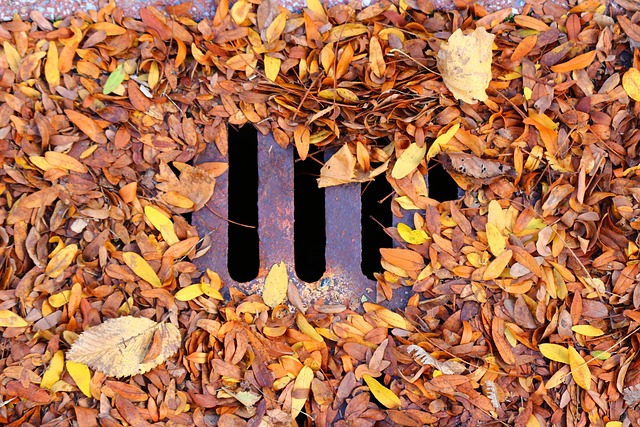
Eco-friendly drain cleaning is a simple and effective way to maintain your home’s plumbing system while minimizing environmental impact. Here’s a step-by-step guide for tackling clogs naturally. Start by gathering essential tools like baking soda, vinegar, and a plumber’s snake (a flexible metal cable). Pour 1/2 cup of baking soda down the drain followed by 1 cup of white vinegar. The mixture will fizz and bubble, helping to break up any grease or soap buildup. After 15 minutes, feed the plumber’s snake into the drain to remove any visible obstructions. For more persistent clogs, repeat the process once a week as a preventive measure.
The Role of Professional Services in Promoting Sustainable Drain Cleaning

Professional drain cleaning services play a pivotal role in promoting sustainable and eco-friendly practices within the industry. These experts are well-versed in employing innovative, green techniques to unclog drains and maintain plumbing systems effectively. By utilizing environmentally conscious methods, they minimize the use of harmful chemicals, reducing pollution and protecting local water sources.
Unlike traditional cleaning approaches, professional services often invest in advanced equipment and natural solutions. This includes enzymes, bacteria, and plant-based detergents that safely break down blockages without causing damage to pipes or surrounding ecosystems. By adopting these sustainable practices, they contribute to a greener future, ensuring the longevity of our precious water resources for generations to come.
